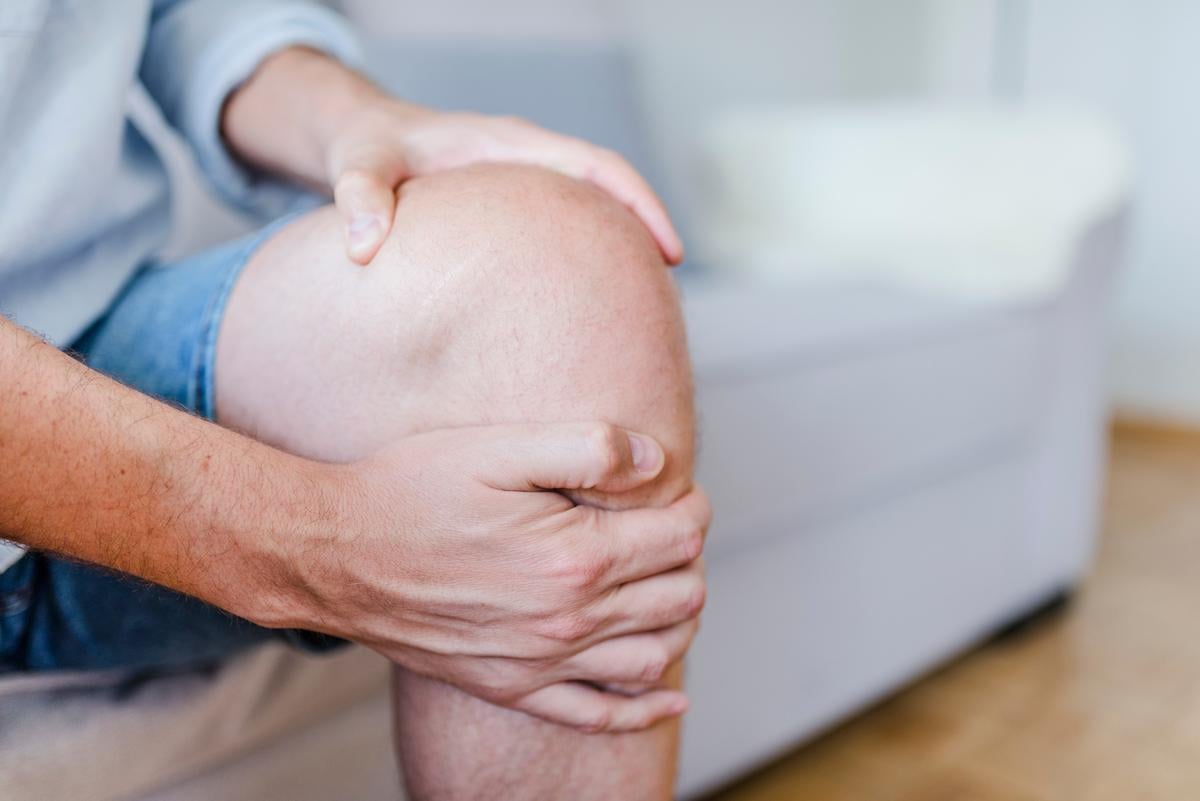Gait becomes more symmetrical over 12 months after ACL reconstruction, but aberrant gait biomechanics persist
By Elana Gotkine HealthDay Reporter
WEDNESDAY, Dec. 11, 2024 (HealthDay News) — During the first 12 months after primary unilateral anterior cruciate ligament reconstruction (ACLR), gait becomes more symmetrical, but aberrant gait biomechanics can persist in the ACLR limb and the uninvolved limb, according to a study published online Dec. 4 in the Journal of Orthopaedic Research.
Christin Büttner, from the University of North Carolina in Chapel Hill, and colleagues compared gait biomechanics between limbs and with matched uninjured controls preoperatively and at two, four, six, and 12 months after primary unilateral ACLR.
The researchers found that the ACLR limb demonstrated lesser knee extension moment (KEM; within 8 to 37 percent range of stance) during early stance compared with the uninvolved limb, as well as lesser knee flexion moment (45 to 84 percent) and greater knee flexion angle (KFA; 43 to 90 percent) during mid to late stance at all time points. The ACLR limb demonstrated lesser vertical ground reaction force (vGRF; 5 to 26 percent), lesser KEM (7 to 47 percent), and lesser knee adduction moment (12 to 35 percent) during early stance compared with controls and had greater vGRF (39 to 63 percent) and greater KFA (34 to 95 percent) during mid to late stance at all time points. During early to mid stance at all time points, the uninvolved limb demonstrated lesser KFA (1 to 56 percent) and lesser KEM (12 to 54 percent) compared with controls.
“A persistent aberrant gait pattern following ACLR, like that observed in our study, can induce joint loads that may contribute to further long-term knee joint problems,” Büttner said in a statement. “Implementing early rehabilitative measures to normalize gait following ACLR could help to maintain long-term knee joint health in both the injured and uninjured limb.”
Several authors are the cofounders of VETTA Solutions Inc.
Copyright © 2024 HealthDay. All rights reserved.








